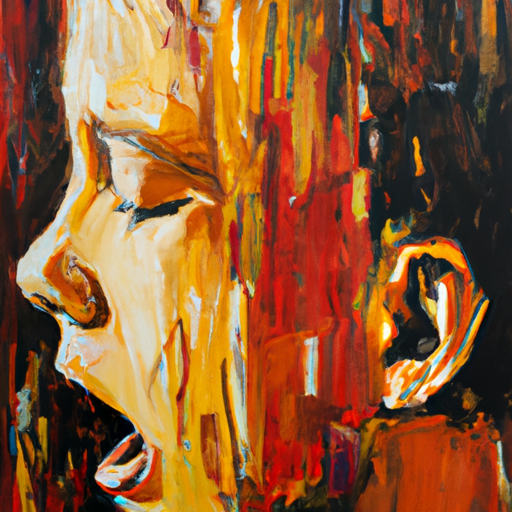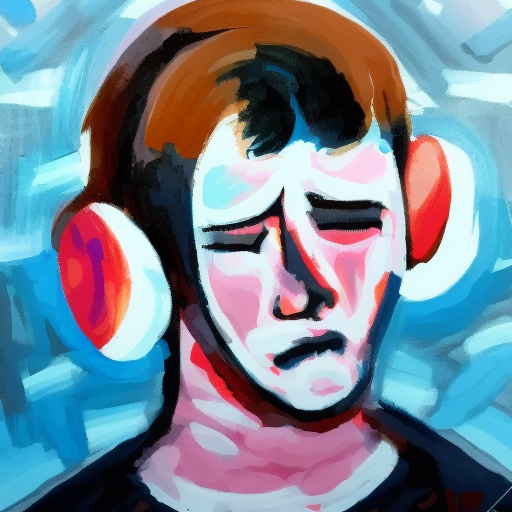Misophonia is a particular condition, which is characterized by an intense emotional response or a physical reaction to specific sounds. The term “misophonia” originates from two Greek words, namely, “miso,” which means hatred, and “phonia,” which means sound. If you have misophonia, you may experience an extreme dislike or excessive sensitivity to specific sounds or sensory stimuli. These sounds may trigger a feeling of rage, anger, disgust, and frustration or may induce anxiety or discomfort. Misophonia can have a major impact on your daily life and relationships. This blog post will help you understand the symptoms and causes of Misophonia.
Symptoms of Misophonia
People who suffer from misophonia experience different symptoms. Here are some common symptoms of misophonia:
- Physical reactions to specific sounds – when you hear specific sounds, you may experience physical reactions such as tensing of muscles, increased pulse, sweating, and shivering.
- Emotional response – hearing particular sounds may induce an emotional response or a feeling of anger or disgust
- Avoidance behavior – you may avoid situations and people that produce trigger sounds, and this avoidance behavior may affect your daily activities and interfere with your social life.
Causes of Misophonia
The exact causes of Misophonia are not known. However, experts believe that Misophonia might be due to a particular brain wiring system that makes some people hyper-sensitive to specific sensory stimuli. The following are some factors that might trigger Misophonia symptoms:
- Sudden, repetitive environmental or chewing sounds
- Genetic factors – some studies show that Misophonia might be an inherited condition, and it is more common among family members
- Psychological factors – misophonia might be associated with other anxiety or mood disorders, such as depression or obsessive-compulsive disorder (OCD).
Diagnosis of Misophonia
Misophonia is not yet officially recognized as a clinical diagnosis in the Diagnostic and Statistical Manual of Mental Disorders (DSM-5). However, some healthcare professionals may diagnose you with Misophonia based on your symptoms and personal experiences. You may also undergo a hearing test to rule out any underlying hearing condition.
Managing Misophonia
People who experience Misophonia may feel helpless because the condition is still not well understood by many. However, there are ways to manage the symptoms of Misophonia. Here are some:
- Using headphones or earplugs – wearing earplugs or headphones with quiet music or white noise may help reduce the intensity of trigger sounds.
- Cognitive-behavioral therapy (CBT) - this type of therapy may help reprocess your emotional and cognitive response to specific triggers.
- Medications – in severe cases, your healthcare provider may prescribe medications such as antidepressants or anti-anxiety drugs.
Conclusion
Misophonia is a disorder that affects millions of people and their daily lives. By understanding the symptoms and causes of Misophonia, healthcare professionals can help those suffering from this condition. Although there is no one cure for this disorder, interventions like CBT, medications, and sound-blocking earplugs can help misophonia patients manage their symptoms effectively. Additionally, always visit a healthcare provider for a diagnosis and treatment plan. Misophonia is not imaginary, and there is real hope for coping with this disorder.




